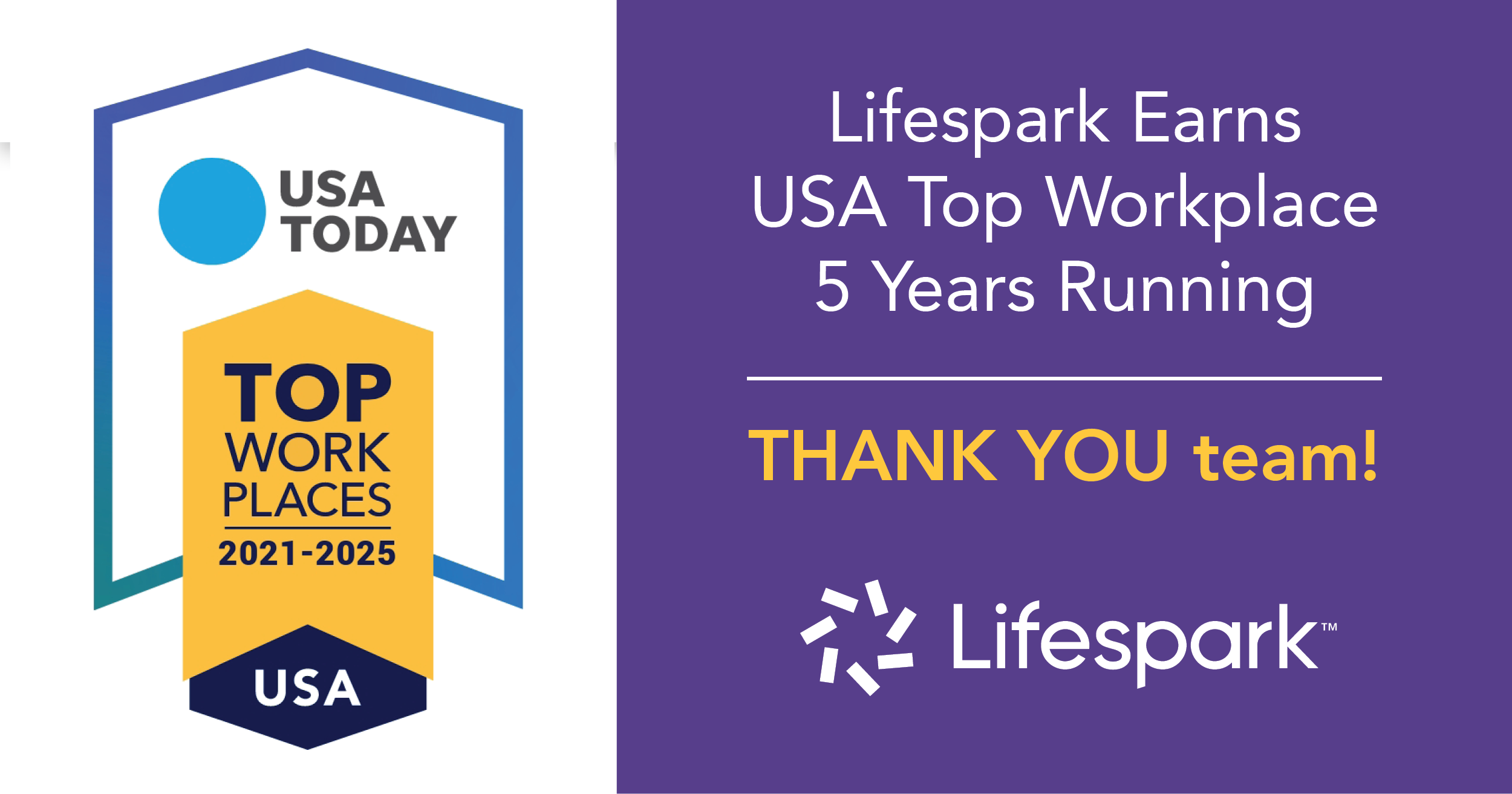
A couple of years after her mother died in 2002, Carol* wanted her beloved father, Stan*, to move out to California where she could visit him every day and help him as he aged. But Stan had already begun dating Joan* and didn’t want to leave the Twin Cities. Carol accepted his decision, checking in daily and visiting him every few weeks instead.
Stan was afraid of feeling lonely, Carol said, so he married Joan who insisted they continue living separately. “She lets him come over to watch TV most afternoons and sometimes invites him for supper, but otherwise my dad, who’s now 101, is alone,” Carol said.
It was during a visit in 2018 that she realized how much her father’s dementia had progressed. “Joan had been in charge of his medications, but she’d been away on vacation for a few weeks, and his pill boxes were in complete chaos,” Carol said. She considered moving her father into memory care but knew that he would never stop trying to find his wife. Instead, she decided to hire Lifespark Community Home Care to manage his medications.
Download our eBook: Whole Person Wellness Checklist for an actionable set of checklists to help you know if it’s time for added in-home support
Services added incrementally
Once a week, Brooke Anderson, RN, Case Manager, Community Home Care, would come over to set up Stan’s meds, check his vitals, trim his nails, and, if needed, take him to the doctor. According to Carol, the two hit it off immediately. “Brooke is awesome—she can sense when something’s off because she’s so tuned into him,” Carol said. “And she can make him laugh like nobody else.”
As Stan became increasingly forgetful, it was clear to Carol and Brooke that he needed daily support. “My dad was most confused when he first woke up, so we had a caregiver come over early in the morning to help him shower and get dressed, make him breakfast, and put lunch together for him to eat later,” Carol said. After a few months, she added caregiver services several evenings a week to keep him company and, if he wasn’t eating with Joan, to feed him supper.
“It just keeps morphing—whatever it takes to help my dad stay in his apartment, surrounded by his books and his daily routine,” she said.
Support for elders and their families
Private-pay home care isn’t inexpensive, particularly from a reputable company with a rigorous screening and training process, and ongoing RN supervision of caregivers. But for many, it can be a lifesaver, said Tanya Castillo, RN, Director, Lifespark Community Home Care. “Often, those higher upfront costs, which work to keep clients healthy and independent longer, help save money by preventing costly health crises before they occur.”
“In-home care can be especially helpful to families who live far from their aging loved ones,” she said. “And unless a client needs 24/7 care, the costs are typically much lower than for skilled nursing or memory care.”
Another advantage is flexibility, Tanya said, citing the ability to add or remove services with only a 24-hour advance notice. “If a client is feeling better or a family member is coming to town, they can decrease or cancel hours; likewise, if they’re needing more hands-on help with daily activities, they can increase hours,” she said. “We adjust to whatever their needs are.”
Shift to short-term support
Since the COVID pandemic, most referrals for Lifespark Community Home Care have been for shorter lengths of stay. “We’re getting a lot more requests along the line of: ‘Mom is on hospice and we need extra support,’ ‘We need coverage until Dad’s assisted living apartment is ready,’ or ‘I’m being discharged from rehab and could use some help at home,’” she explained.
Carol’s decision to keep her father in his apartment with in-home care rather than move him to memory care may not be the trend, but Tanya believes it’s the right choice for them. “It would be extremely confusing for Stan to try to figure out a new environment and, given his dementia, would likely cause him to decline quickly.”
Worth it
What Carol values most about Lifespark are the people. “They’re so good at what they do and they take such good care of my dad,” she said. “Brooke is like a protective Mama Bear to my dad, which means a lot to me, especially because I’m not there.”
She’s also found Lifespark easy to work with, texting her with updates, responding to concerns, and consulting with her on changes to Stan’s health. “Lifespark has been absolutely wonderful—worth every dollar,” Carol said.
To learn more about in-home care services, visit Community Home Care or schedule a free consultation. And if you’re questioning if it’s time for additional in-home support, download our eBook for actionable checklists that help guide you and offers next steps to stay proactive.
*Names been changed to protect family privacy.



